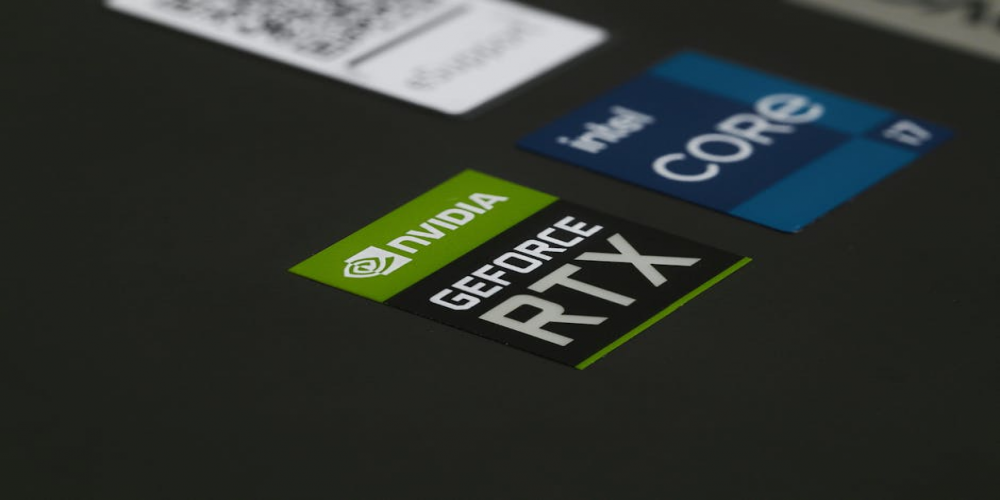
Market Overview
The artificial intelligence sector continues to capture significant investor attention, driven by rapid technological advancements and expanding applications across industries. Companies like Nvidia, a dominant force in high-performance computing and graphics processing units, underpin much of the conventional AI landscape with its powerful hardware and extensive software ecosystem. In contrast, D-Wave Quantum represents a more nascent but potentially transformative segment, focusing on quantum computing solutions designed to solve complex optimization problems that are beyond the reach of classical computers. This bifurcation presents investors with a choice between established leadership in current AI paradigms and speculative growth in the frontier of quantum-enhanced AI. The broader market is witnessing intense competition and innovation, making the comparative analysis of these distinct approaches crucial for strategic positioning.
Trading Implications
Investors evaluating D-Wave Quantum against Nvidia must consider their divergent risk profiles and growth trajectories. Nvidia, with its robust market share in AI accelerators and a proven track record, offers exposure to the broad and rapidly expanding conventional AI market, appealing to those seeking a more established technology leader. Trading Nvidia often involves assessing its continued innovation in GPUs and software platforms, as well as its ability to maintain dominance against emerging competitors. D-Wave Quantum, conversely, offers a high-risk, high-reward proposition linked to the successful commercialization and adoption of quantum computing. Investing in D-Wave Quantum entails a longer-term horizon and a higher tolerance for volatility, as the quantum computing market is still in its formative stages, with significant technological hurdles and adoption challenges remaining.
Key Insights
The "better" artificial intelligence stock ultimately depends on an individual investor's strategic objectives and risk appetite. Nvidia's established position and comprehensive ecosystem make it a foundational play in the ongoing AI revolution, suitable for those seeking exposure to the current wave of AI development and deployment. Its continued investment in new chips and software platforms ensures its relevance in the evolving landscape. D-Wave Quantum offers a potential gateway to the future of AI through quantum annealing, targeting problems that classical computers struggle with, such as drug discovery and logistics optimization. The long-term upside for D-Wave Quantum could be substantial if quantum computing achieves widespread commercial viability, but this path is inherently more speculative and requires a deep understanding of emerging technologies. Both companies are pivotal in shaping the future of artificial intelligence, albeit from different technological vantage points.